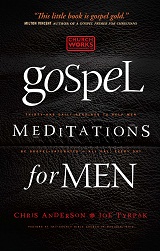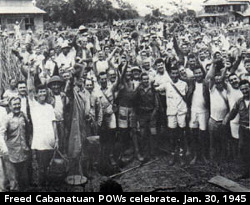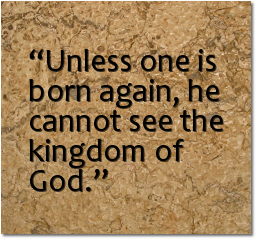Suffering - in Light of the Gospel

Two years after my whitewater rafting accident, my physical therapist dropped a bombshell in the form of a simple question: “Stephanie, have your doctors ever talked to you about MS?”
Little did he or I realize that less than a year later, my supposedly accident-related symptoms would take a dive, and suddenly all my doctors would be talking to me about multiple sclerosis.
Today, nearly nine years after my accident, I’m drafting this post in a Starbucks far from home. This morning I met with a neuromuscular specialist at the Cleveland Clinic. Again, MS was discussed—but only in passing. It’s been ruled out too many times to be a serious possibility anymore. The doctor and I talked about the pain, weakness, numbness, and other symptoms that have plagued me the last several years. Despite tests and treatments at some of the best facilities in the country, to date there’s been no firm diagnosis.
The doctor and I discussed my physical quality of life—how it has waxed and waned over the years, and how I try to live as normal a life as possible. But a subject we didn’t broach is something actually much more pertinent to how I keep going day by day: my inner, spiritual quality of life. It, too, has changed a lot since my accident: a waxing and waning faith, a growing and healing that no physician could ever attempt, a deeper experience of the person and character of God—all rooted in a deeper understanding of the gospel.
 Gospel Meditations for Men is a book published recently by ChurchWorks Media and authored by Chris Anderson and Joe Tyrpak. Copies are available at
Gospel Meditations for Men is a book published recently by ChurchWorks Media and authored by Chris Anderson and Joe Tyrpak. Copies are available at  January, 1945. U.S. troops battle for the liberation of the Philippines. As they make their labored advance, the occupying Japanese army burns alive 150 American prisoners of war at a camp on the island of Palawan. Fearing a similar atrocity, Lieutenant General Walter Krueger assigns Lieutenant Colonel Henry Mucci and his Sixth Ranger Battalion the mission of rescuing the allied prisoners held at Cabanatuan.
January, 1945. U.S. troops battle for the liberation of the Philippines. As they make their labored advance, the occupying Japanese army burns alive 150 American prisoners of war at a camp on the island of Palawan. Fearing a similar atrocity, Lieutenant General Walter Krueger assigns Lieutenant Colonel Henry Mucci and his Sixth Ranger Battalion the mission of rescuing the allied prisoners held at Cabanatuan.




Discussion